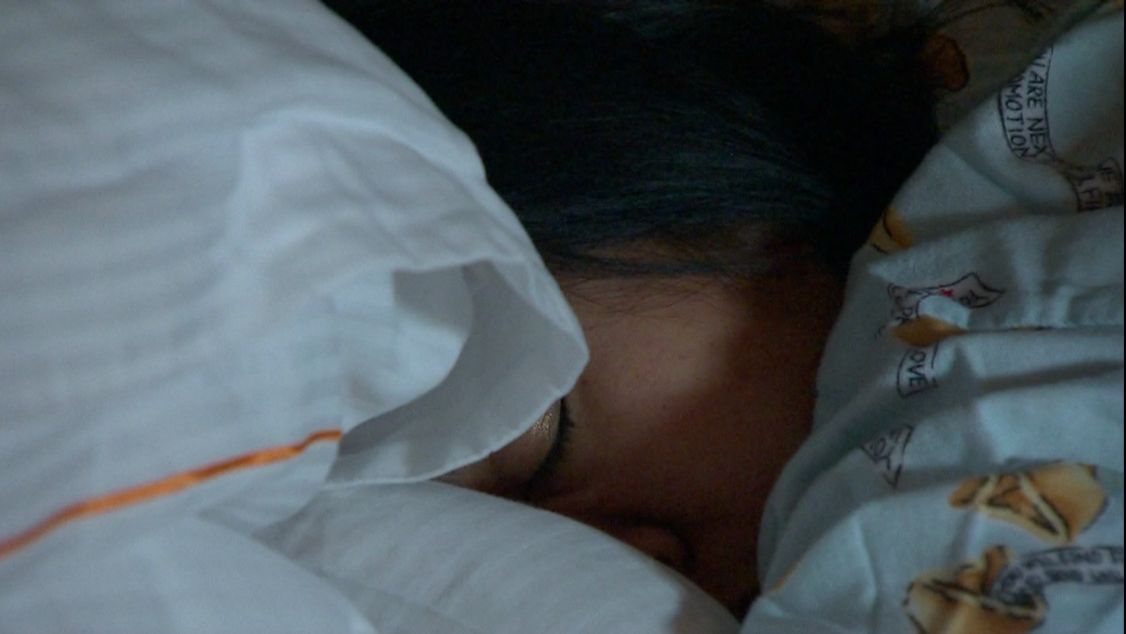The weather undoubtedly affects our mood, whether you’re living with anxiety disorders or not. The gloominess of winter with cloudy skies and cold temperatures can cause anyone to feel a little down. Still, Seasonal Affective Disorder and depression are common in the winter due to weather changes.
While you may think that the summer is a time for increased energy and a more upbeat mood, warm weather comes with its own set of effects on the body and mind for those with anxiety disorders. Let’s discuss the effects of summer temperatures on those with anxiety disorders and go over some tips to help you cope with the changes.
How Does Summer Weather Affect Anxiety Disorders?

The warmer weather is undoubtedly a welcome relief for those stuck inside during the winter, especially after the COVID-19 pandemic. Cabin fever can cause anyone to feel depressed and anxious, and these feelings can be amplified for those living with anxiety disorders. While the warmer weather and increased sunshine can help improve your mood, there are other issues people deal with when the summer months roll in.
Summer anxiety is a real issue for many people. While it’s typically caused by the increase in heat and humidity, it’s not just the thermometer you need to watch. Your actions and behaviors can impact you in a big way as the mercury rises. Plus, most people are busier in the warmer months, leading to an increase in expectations and responsibilities.
Especially now that quarantine restrictions have lifted, and the warmer weather allows you to spend time safely outdoors, you may find yourself more active. Trips to the park, outdoor activities, sports, and vacations all increase with frequency in the summer months. Being busier naturally impacts those with anxiety disorders, and many factors can be triggers for your anxiety.
Sleeping patterns can be affected in negative ways from May through September. More sunlight can throw off your circadian rhythm, impacting your mood and so much more.
The Effect of Summer on the Brain

Those suffering from anxiety disorders such as panic attacks can experience symptoms year-round. But the increase in temperature in the summer months can set off these disorders big time. Research shows that people who experience panic attacks notice an increase in flare-ups during the warmer months. But why?
When your body becomes overheated, you can experience various symptoms similar to those of anxiety disorders. That’s why taking extra precautions to take care of yourself during hotter weather can help ease these types of attacks. Warmer temperatures can also increase your heart rate and breathing. For those with anxiety disorders, you may feel you’re having a panic attack when you are really suffering from heat exhaustion.
Increased sunlight in summer can also affect your sleeping patterns, leading to various issues. Warm, muggy temperatures can make it difficult to sleep at night. Since our bodies use sunlight to cue different points in the day, your brain may have difficulty adjusting to sleeping when the days are longer. All of these effects of summer impact the brain, creating a problem for those with anxiety disorders.
Tips to Reduce Summer Anxiety
When the body heats up, you can feel a certain type of anxiety that’s restless and frustrated. While anxiety levels vary from person to person, the summer influence can make it hard for those with anxiety disorders to cope. These tips can help reduce the impact of the summer weather on the brain, making life easier for those with anxiety.
1. Stay Hydrated

Staying hydrated keeps your body healthy from the inside out. Use water to flush out toxins, keep your body cooler, and keep anxiety at bay. You can also find creative ways to increase your water intake. For example, coconut water and watermelon are great sources of water that keep you hydrated and taste great.
2. Avoid Hot Foods
Eating hot or spicy foods can increase your internal body temperatures. For those with anxiety disorders, this can heighten symptoms. Avoid oily, salty, and spicy foods. Stay away from too much caffeine and avoid alcohol.
3. Keep Your Diet Light
Overeating can also increase anxiety in the summer months. The warm temperatures make a perfect time to enjoy a light and simple diet. Eat sweet, juicy fruits that can also cool you down when it gets too hot. This includes red grapes, mango, melon, pineapple, and watermelon. Make a nice salad with summer greens.
4. Practice Cooling Attitudes
Your behavior has a lot to do with how your body feels. Do your best to keep a cool attitude. Be kind to yourself and others. Stay away from competitive, tense situations that can invoke negative feelings for those with anxiety disorders. Be playful and keep a sense of humor.
5. Use Calming Techniques

Most individuals with anxiety disorders have specific calming techniques that help ease symptoms when anxiety is at its height. Use breathing practices to cool your body and calm your nerves. Engage in self-care. Take a cool shower to relieve fatigue from the heat and cool the body. Get enough rest. Talk to your therapist about other calming techniques that can be helpful during the summer months.
6. Spend Time in Nature
Another great way to reduce summer anxiety is to get up and move. Spend time in nature early in the morning or later in the evening, so it’s cool. Get outside and look at the stars and moon to calm the soul. Go swimming to relax the mind and cool the body. Take mindful breaks that help break the cycle of rushing and worry.
Our Therapists Help Those with Anxiety Disorders Improve Quality of Life
Although living with anxiety disorders is challenging, the summer months can exaggerate symptoms. Improve your quality of life and find helpful tips to improve your mood and limit the effects of anxiety with our qualified therapists. Contact us today to schedule a consultation with a mental health professional experienced in treating anxiety disorders.

Gameaviatorbet – that Aviator game is addictive! Simple but fun, and you can win some decent money if you’re smart. They are only offering aviator: gameaviatorbet